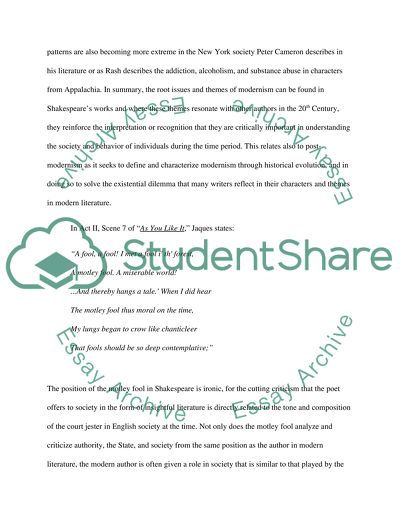Cite this document
(“Lost in a Mordern World Essay Example | Topics and Well Written Essays - 2000 words”, n.d.)
Retrieved from https://studentshare.org/environmental-studies/1418933-lost-in-a-mordern-world
Retrieved from https://studentshare.org/environmental-studies/1418933-lost-in-a-mordern-world
(Lost in a Mordern World Essay Example | Topics and Well Written Essays - 2000 Words)
https://studentshare.org/environmental-studies/1418933-lost-in-a-mordern-world.
https://studentshare.org/environmental-studies/1418933-lost-in-a-mordern-world.
“Lost in a Mordern World Essay Example | Topics and Well Written Essays - 2000 Words”, n.d. https://studentshare.org/environmental-studies/1418933-lost-in-a-mordern-world.


